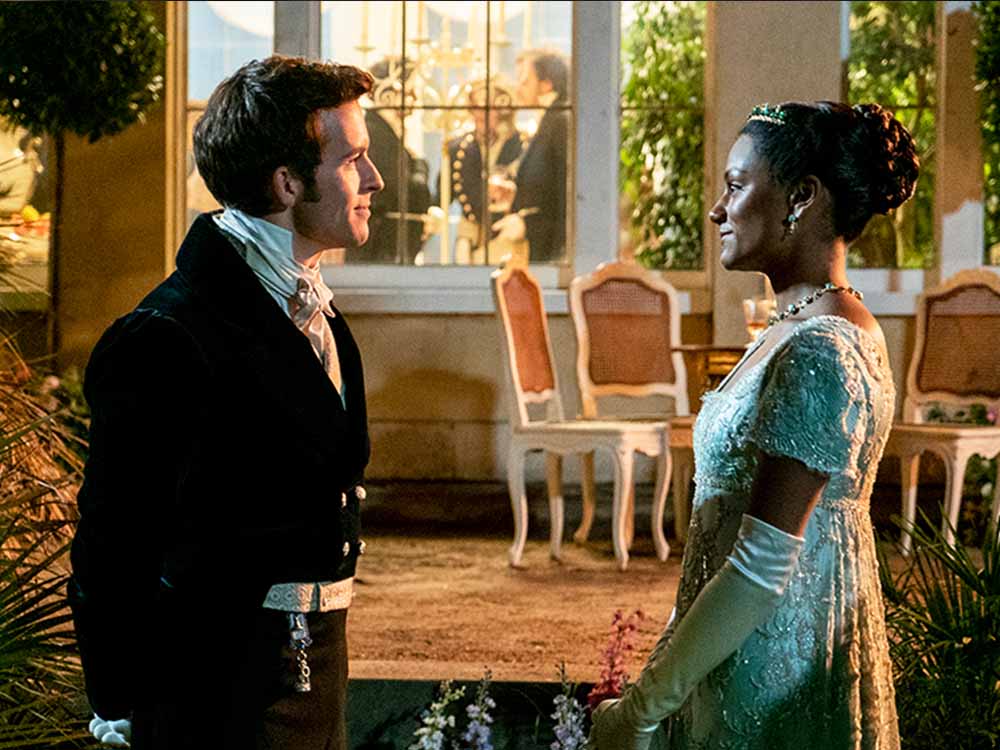Bridgerton (2021): A Captivating Period Drama Series That Enchanted Audiences
Bridgerton, a period drama series released in 2021, captured the hearts of viewers with its captivating storytelling, lavish production design, and unforgettable characters. From its Regency-era setting, diverse cast, scandalous romance, critical acclaim, and cultural impact, let’s delve into a detailed overview of Bridgerton and its enchanting journey.
Regency-Era Splendor and Intrigue
Bridgerton takes us back to the elegant and opulent world of Regency-era England. Set in the early 19th century, the series immerses viewers in a society filled with lavish balls, intricate courtships, and the complexities of high society. The detailed period costumes, grandiose locations, and stunning cinematography transport audiences to a bygone era, bringing the Regency period to life.
Scandalous Romance and Compelling Characters
At the heart of Bridgerton lies a web of scandalous romances and intricate relationships. The series follows the lives of the aristocratic Bridgerton family and their encounters with love, passion, and societal expectations. From the charming and enigmatic Duke of Hastings, Simon Basset, to the independent and spirited Daphne Bridgerton, viewers become engrossed in their journey of forbidden love, secret affairs, and heartfelt emotions.
Critical Acclaim and Popularity
Bridgerton received widespread critical acclaim for its lush production values, captivating storytelling, and diverse casting choices. The series beautifully blended elements of romance, drama, and social commentary, resonating with audiences across generations. Its compelling narrative, combined with its talented ensemble cast, garnered praise for their performances and the chemistry between the characters.
Cultural Impact and Legacy
Beyond its entertainment value, Bridgerton made a significant cultural impact. The series embraced diversity in its casting choices, challenging traditional period drama norms and promoting inclusivity on screen. Bridgerton sparked conversations about representation, opened doors for more diverse storytelling in historical dramas, and ignited a renewed interest in period pieces among a wider audience.











